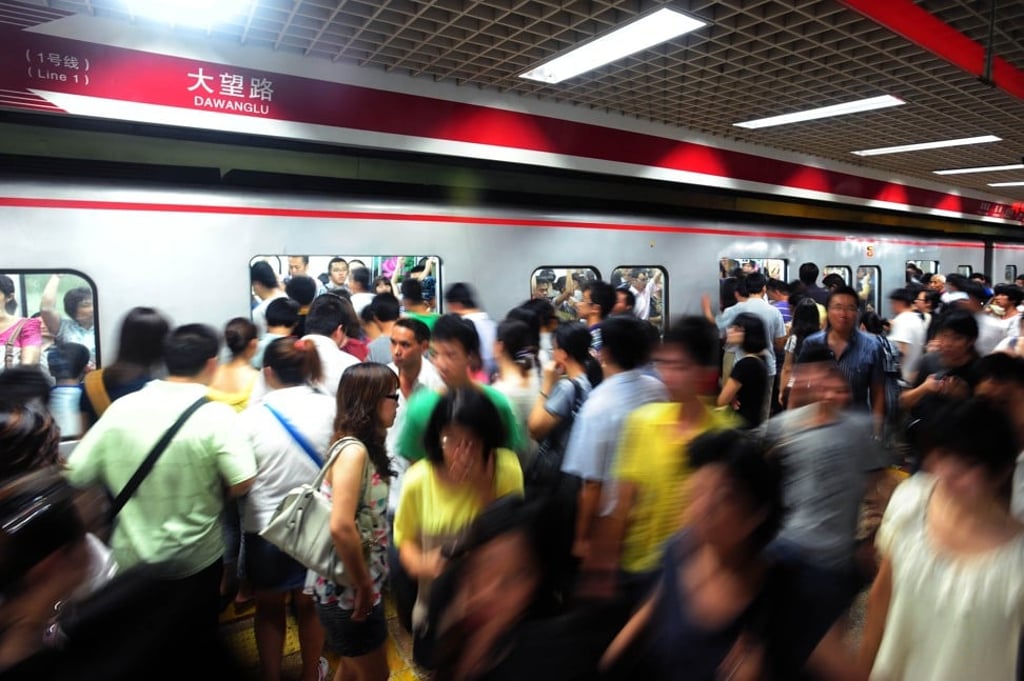The best and worst of facial scans, from tracking shoppers to locating crooks

Artificial intelligence (AI), or machine learning technology, that mimics the way humans make judgments, has already entered more people’s daily lives than many realise.
In China, online video site iQiyi and online shopping site Taobao recommend programmes and items that suit users’ tastes, for instance.
And a string of apps can help pick the right wealth management product, in line with an investor’s risk profile and yield appetite.

By using facial recognition technology – a core segment of the AI spectrum – ordinary surveillance cameras are already getting far smarter than in previous versions. They can track the faces of each shopper, identify their gender, age and the time they spend at each counter.
“Based on analysis of such information, we can come up with suggestions to optimise product arrangements which can help boost sales at shopping malls,” said Xu Li, chief executive of the Beijing-based start-up SenseTime, a facial recognition technology firm that boasts 99 per cent accuracy in identifying a person.